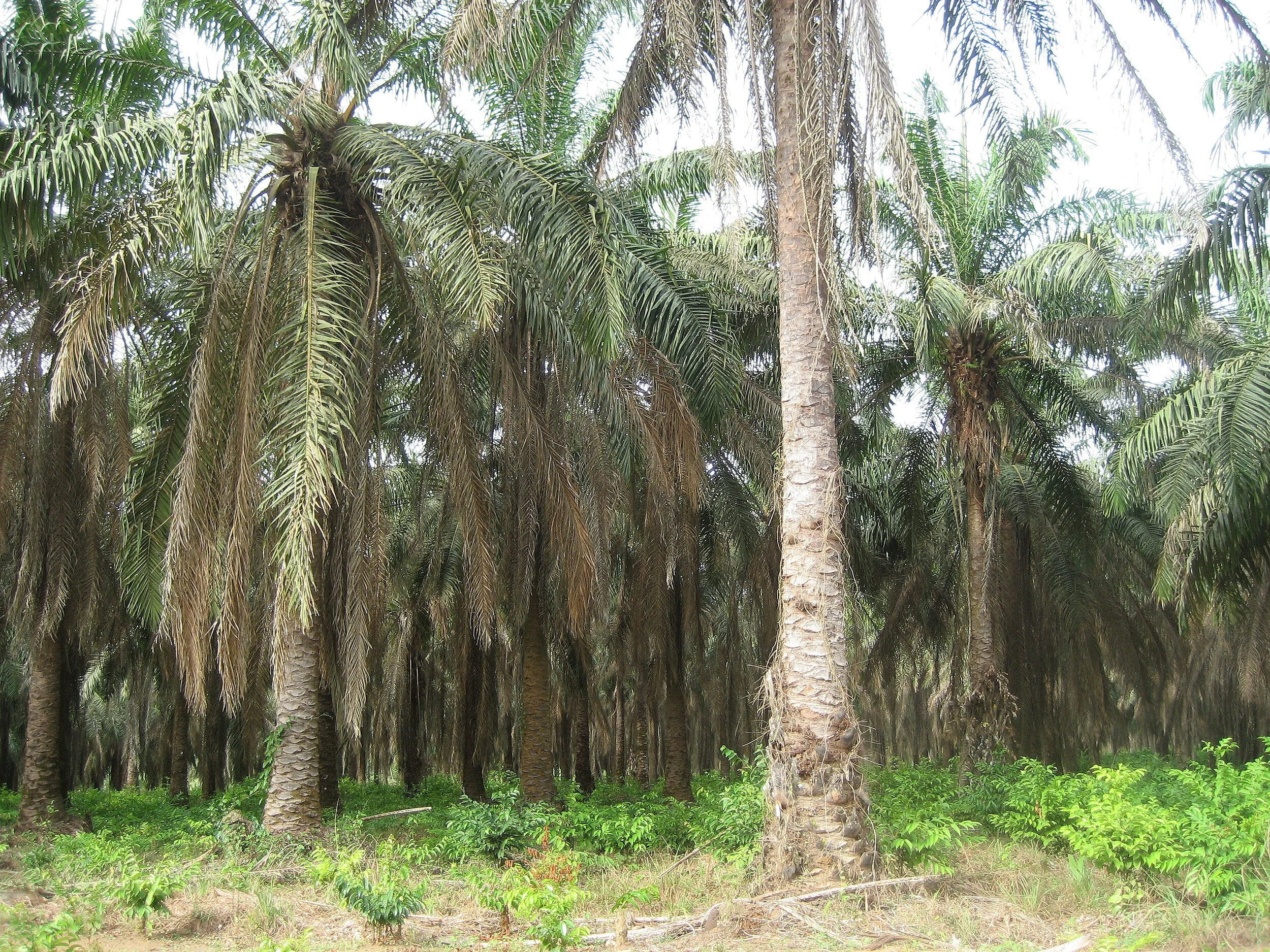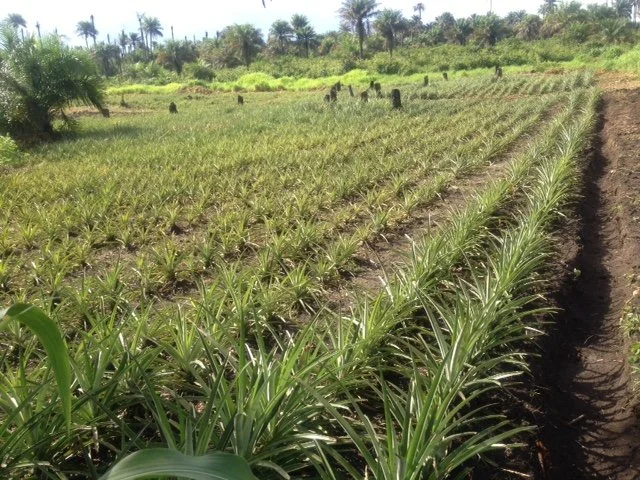Selected Workstreams
Sierra Leone
Agriculture
Our agriculture project is engaged in the cultivation and production of essential cash crops for both the local and eventually, international markets, including oil palm, rice, cassava, pineapples. It is circa 200 acres (81 hectares) in size, with a negotiated option lease for an additional 1000* hectares in same area. It also includes IVS swamps.
The project is located in the Chiefdom of the Koya in Sierra Leone approximately 30 kilometres from and to the north west of Freetown (capital of Sierra Leone). Koya has newly been designated an Industrial Zone (SiZ-Koya) and a concession has been granted to develop a port and rail system in the zone and will build the energy systems and infrastructure to enable industrial activity. The industrial zone is aimed at boosting economic growth and skilled jobs and raising export revenue by attracting investors through streamlined permits and approvals required to do businesses in Sierra Leone.The initial focus is on import substitution by manufacturing tiles and processing iron-ore used in the construction industry, as well as creating pharmaceutical products. In agriculture, the initiative will promote value capture by producing finished and packaged goods.
The project can gain a competitive advantage from a region of readily accessible labour, a climate which provides ideal growing conditions, plentiful arable low cost land (15 times more per hectare in Indonesia and 100 times more in Malaysia), one of the largest natural harbours in the world at Freetown and an investor-friendly Government keen to attract investment and grow the Sierra Leone economy.
HFV is dedicated to sustainable farming techniques, climate change adaptation and mitigation strategies and promotes the hiring of women and displaced youths. This is core to our operation.
AgriNexus International (Malaysia) has been brought in as a technical partner to develop a multi-crop plantation project.
Sierra Leone also has a comparative FOB cost advantage. Freetown is two days closer to the major ports of Western Europe than Abidjan and Accra and five days closer than Puerto Limon in Costa Rica. While Freetown is widely seen as having non-competitive ocean freight costs, the fact remains that the fundamental determinants of freight cost are destination, dwell time, and cargo volume. If these three parameters can be properly aligned, then Sierra Leone can prevail over other origins.
Shorter transit times can also mean better quality and condition upon arrival, assuming that the post-harvest cold chain is intact. Several major refrigerated ocean carriers operate in the region, which translates into good equipment, cold chain integrity, and transit times.

